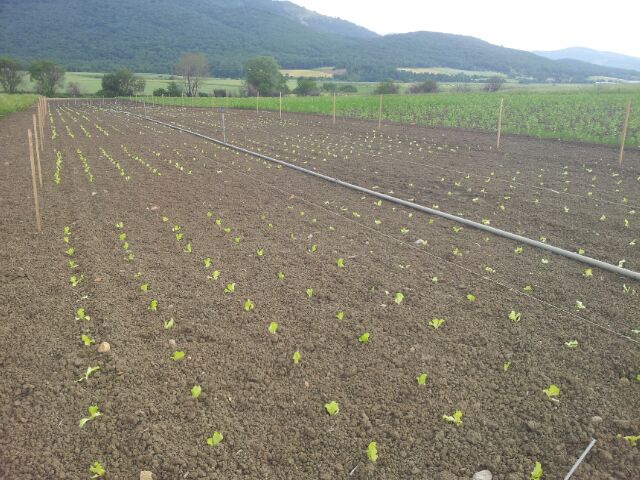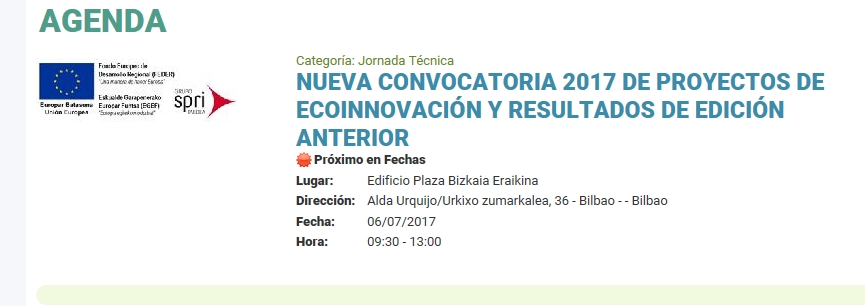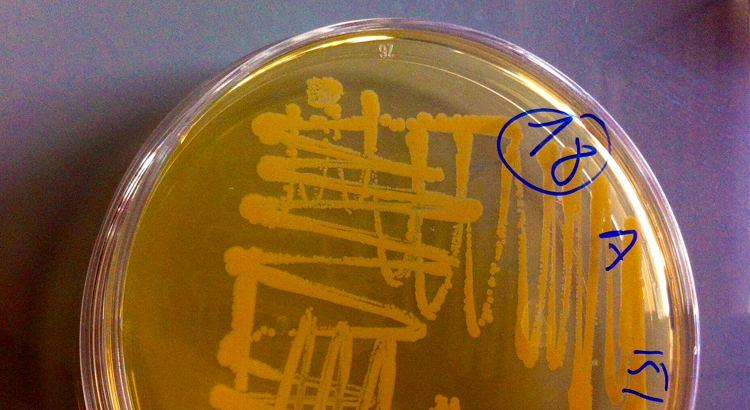The main objective of this PRADA project (PID2019-110058GB-C22, funded by MCIN/AEI/10.13039/501100011033) is to unravel the links between the presence of pesticide residues (copper-fungicide, glyphosate-herbicide) and animal manure-derived organic amendments (cow manure) on the emergence (resistome) and dissemination (mobilome) of antibiotic resistance (AR) in conventional and ecological agriculture systems, as well as to better understand the potential contribution of relevant edaphoclimatic factors (soil pH, temperature, moisture) on such AR.
The problem of the emergence and dissemination of AR in agricultural settings is currently a topic of much concern, mainly owing to the possibility of its transfer to potential human pathogens. On the other hand, the use of animal manure-derived organic amendments is nowadays strongly being promoted (specifically, under organic farming,
ecological agriculture and similar systems aimed to achieve a more sustainable agriculture) in an attempt to complement or substitute the energetically-costly synthetic mineral fertilizers, while reusing an organic waste. The risk of dissemination of AR associated to the use of animal manure as organic fertilizer is well-known. Similarly, the use of copper-based fungicides is a common practice under both conventional and ecological agriculture. Interestingly, many studies have demonstrated the co-evolution (co-selection by co- or crossresistance mechanisms) of the tolerance to heavy metals (including copper-Cu) and the resistance to antibiotics. Finally, there is some evidence that certain herbicides of ample use, such as glyphosate, can alter bacterial AR. These three factors (manure-derived organic amendments as fertilizers, copper-fungicides, glyphosate-herbicides) have been reported to induce AR in agricultural settings by themselves (independently of each other). We hypothesize that the interaction of these factors will modify the patterns of the emergence
and dissemination of AR in agricultural soils and then food crops. Furthermore, we hypothesize that some environmental parameters currently being affected by climate change (soil pH, temperature, moisture) will have a key influence on the emergence and dissemination of AR in agricultural fields treated with the abovementioned fertilizers (manurederived organic amendments) and pesticides (copper fungicides, glyphosate-herbicides).




